VirtuSphere
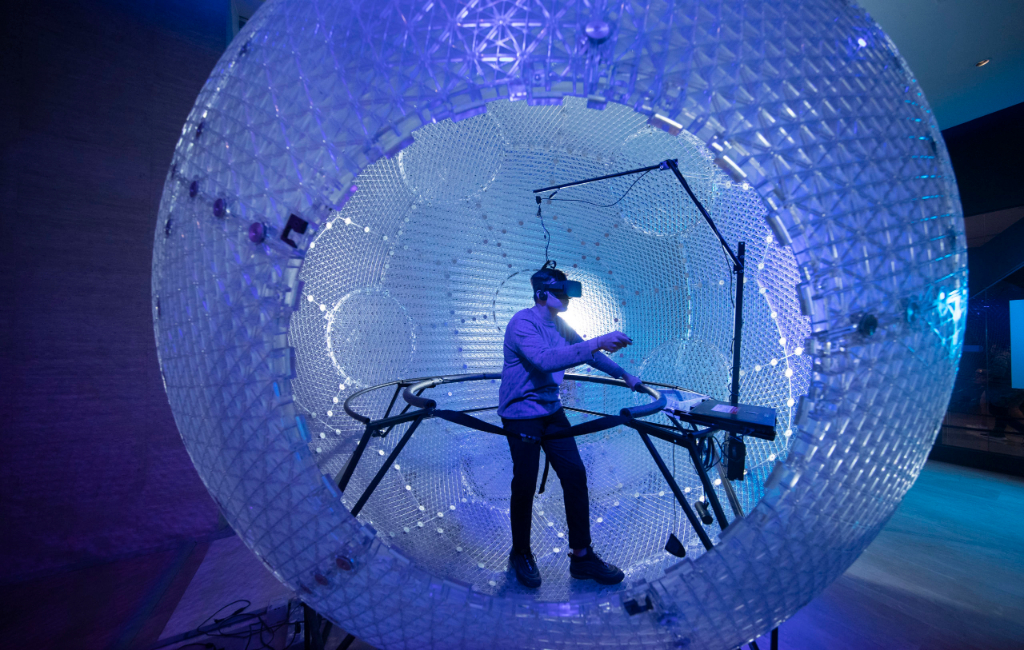
NO DEAL
EPISODE SUMMARY
🕓 Air Date: October 13, 2009
Asking For:
$1,500,000 for 10%
Investor:
No Deal
Deal:
No Deal
PRODUCT SUMMARY
Virtusphere is a virtual reality locomotion simulator designed for simulation training and entertainment, offering users an immersive experience inside their favorite video games.
WATCH HERE
IN A RUSH?
Click these to jump to the section you want to read.
Background Story
Virtusphere, Inc. is a virtual reality technology company founded by Ray Latypov and Jim Dimascio, driven by the ambition to revolutionize simulation training and virtual entertainment. It likely originated in a tech hub or innovation center where the founders could access resources and expertise in the field. Ray Latypov, serving as the Chief Executive Officer, brings a background in technology and innovation, likely stemming from a career in engineering or computer science. His expertise in virtual reality and simulation technology likely played a pivotal role in conceptualizing and developing the Virtusphere product.
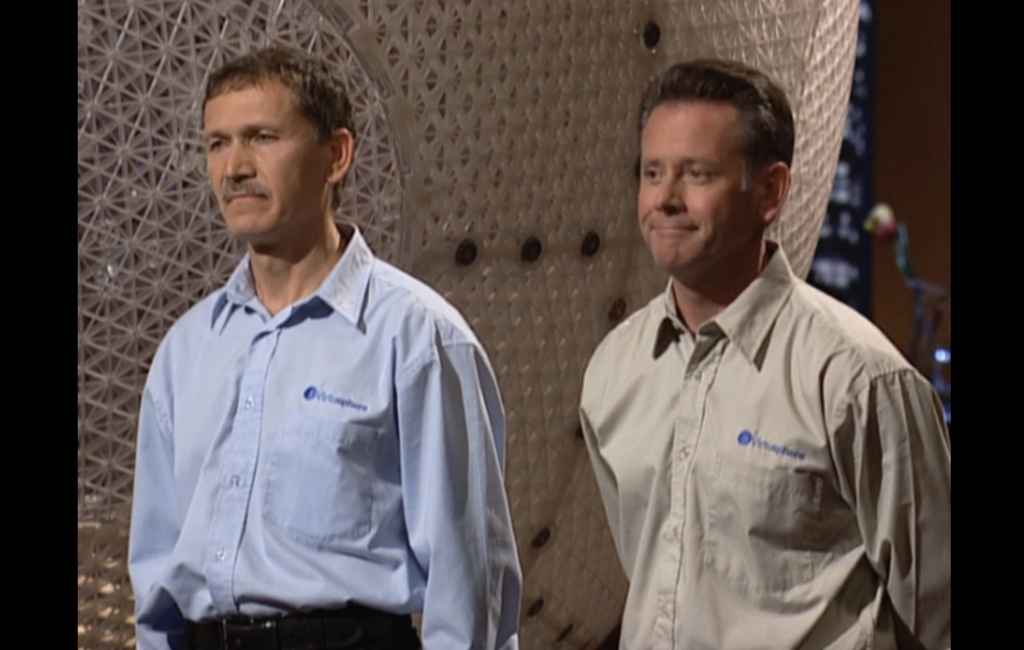
Jim Dimascio, serving as the Chief Operating Officer, likely contributes a wealth of experience in operations and business management, ensuring the efficient execution of the company’s vision and strategy. His background may include roles in operations management, project management, or entrepreneurship, providing the necessary organizational leadership to drive the company forward. The inspiration behind Virtusphere likely emerged from a recognition of the limitations of traditional simulation training methods and a desire to create a more immersive and realistic experience for users.
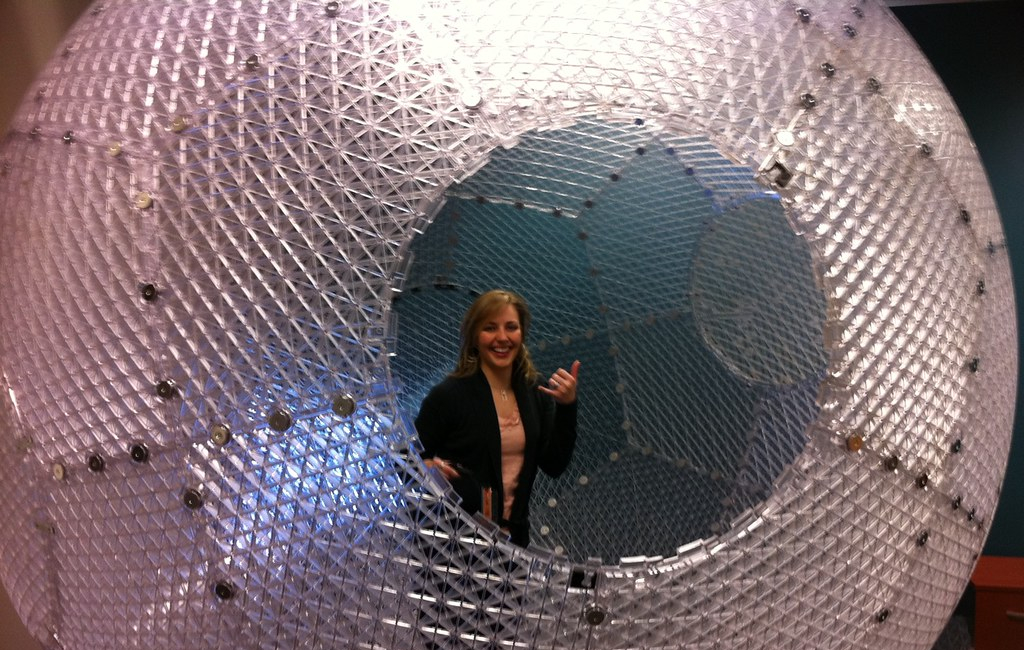
Drawing on their collective expertise and passion for technology, Latypov and Dimascio embarked on a journey to develop a product that would transcend the boundaries of conventional training and entertainment. Through their collaboration and dedication, Virtusphere was born, offering a groundbreaking solution that combines cutting-edge virtual reality technology with innovative hardware design. The founders’ shared vision and complementary skill sets have propelled Virtusphere forward, positioning the company as a leader in the virtual reality space with the potential to transform industries ranging from military training to gaming and beyond.
The Product
Virtusphere is a pioneering virtual reality locomotion simulator designed to provide users with an immersive experience in virtual environments. The product consists of a large 10-foot sphere placed on a specialized platform that enables free rotation in any direction. Users wear a wireless head-mounted display (HMD) that transmits a virtual environment, allowing them to move freely within the sphere and interact with the simulated world.
Virtusphere has versatile applications across various industries, including simulation training, gaming, entertainment, and fitness. In military training, it offers realistic simulations of combat scenarios, allowing soldiers to practice in virtual environments without risking physical harm. For gaming and entertainment, it provides an unparalleled level of immersion, enabling users to step inside their favorite video games and experience them in a whole new way.
The benefits of Virtusphere include enhanced realism, improved engagement, and increased effectiveness in training and entertainment applications. It offers a unique and unforgettable experience that traditional methods cannot replicate. Virtusphere units are available for purchase directly from the company, with pricing starting at $55,000 per unit. While initially targeted at military clients, the company aims to expand into other markets such as gaming arcades and fitness centers, offering both commercial and consumer versions of the product.

How It Went
The company’s position before Shark Tank
Virtusphere, Inc. has positioned itself as a leader in the virtual reality technology space, particularly in the realm of simulation training and entertainment. The company’s performance reflects its innovative approach to addressing the needs of various industries through immersive virtual experiences. Virtusphere has demonstrated success in securing sales primarily within the military sector, with each unit priced at $55,000. This indicates a healthy demand for the product within specialized markets, such as military training facilities and recruitment centers.
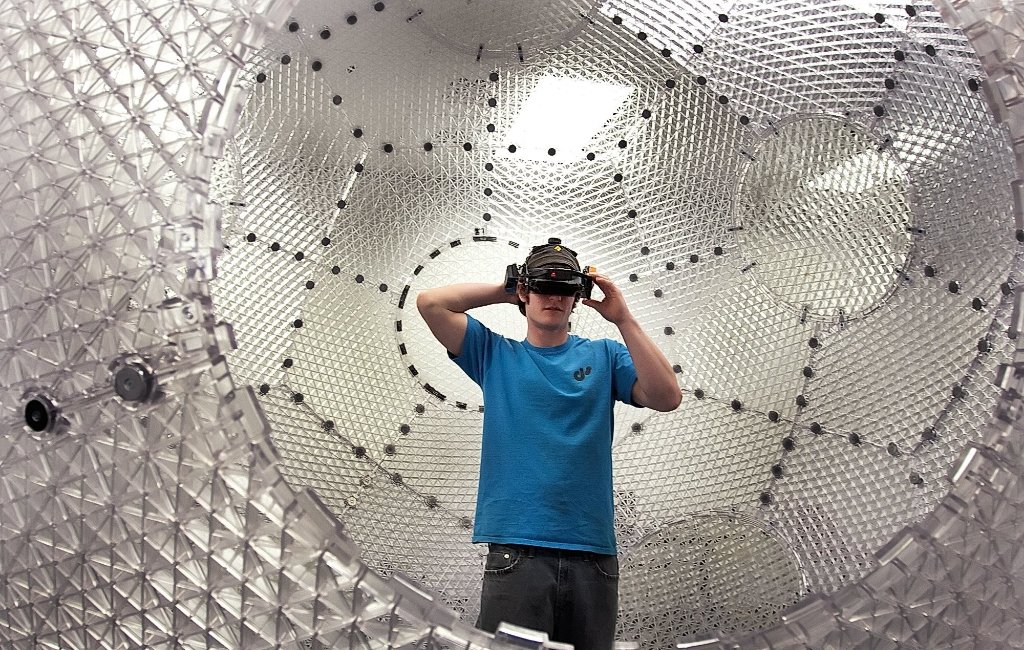
Virtusphere likely collaborates with strategic partners in the virtual reality and simulation industries to enhance its product offerings and expand its reach. These partners may include technology providers, software developers, and industry organizations. The company’s customer base primarily consists of military organizations seeking advanced simulation training solutions, as well as gaming and entertainment venues looking to offer unique experiences to their patrons.
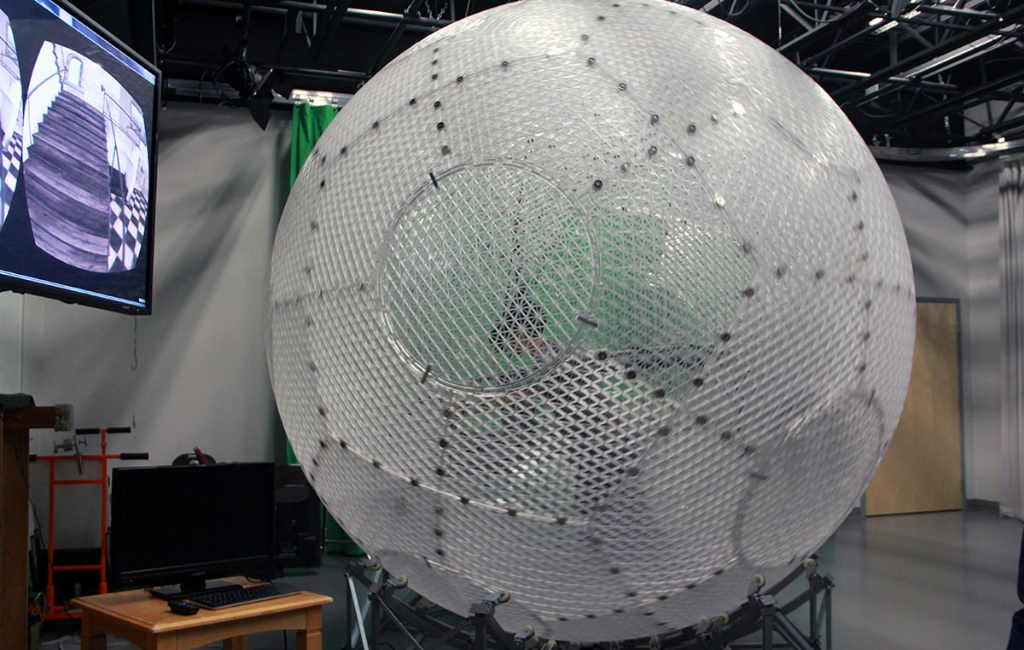
In terms of funding, Virtusphere may have initially relied on investments from founders, private investors, or government grants to develop and launch its product. As the company grows and expands into new markets, it may seek additional funding through venture capital, strategic partnerships, or loans to support its operations and scale its business. Profitability may vary depending on sales volume and operational expenses, with the company likely reinvesting profits into research and development, marketing, and expanding its product offerings.
The Negotiations:
In the negotiation phase, the Sharks expressed both admiration for Virtusphere’s innovation and concerns about its viability as a consumer product. While impressed with the potential applications in military training and entertainment, they hesitated due to uncertainties surrounding profitability and market readiness. Kevin O’Leary initially expressed interest but raised concerns about liability and the lengthy timeline for returns on investment, ultimately opting out of a deal.
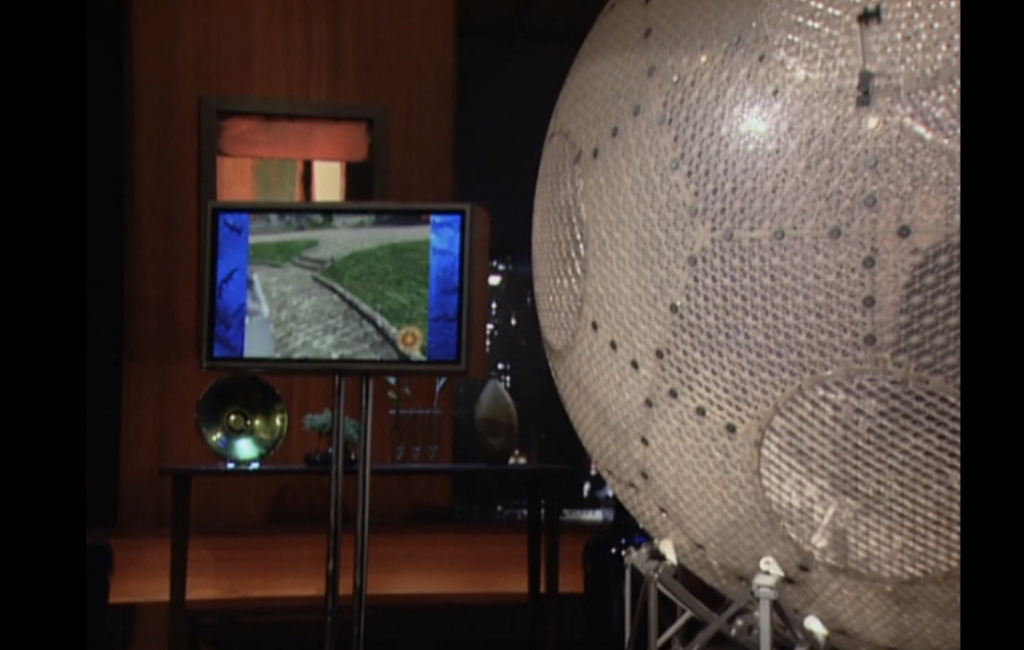
Barbara Corcoran and Daymond John also declined to invest, citing the high price point and specialized nature of the product as significant barriers to consumer adoption. Robert Herjavec acknowledged the product’s uniqueness but ultimately concluded that the company was too early in its development for a consumer application, leading him to decline the offer.
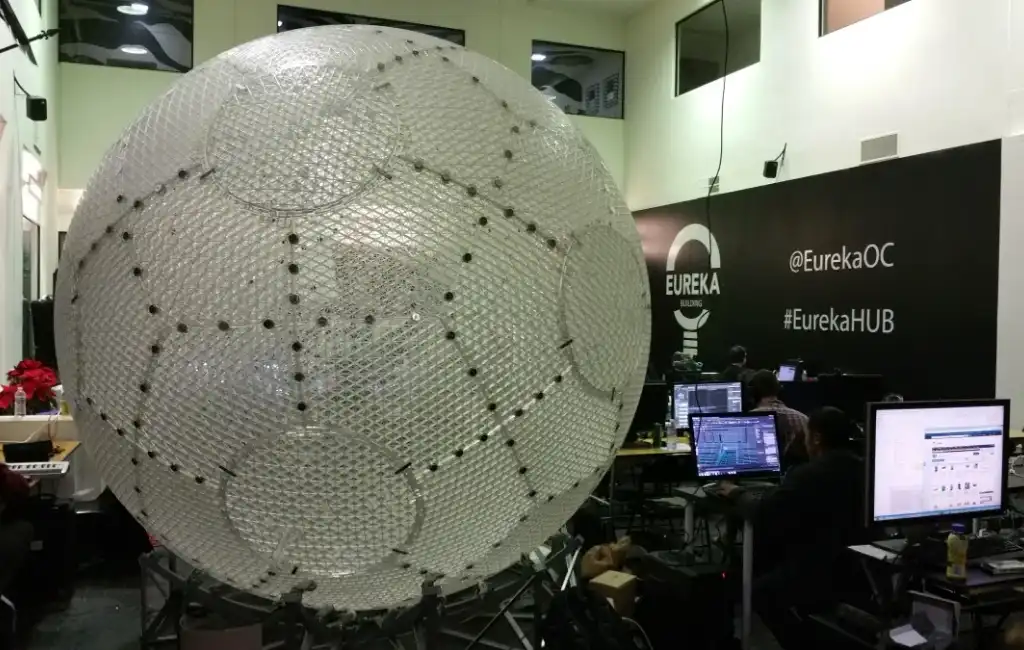
Mark Cuban expressed enthusiasm for the concept but highlighted the lack of data and market validation, ultimately choosing not to invest. Overall, the negotiations highlighted the challenges of bringing a niche product like Virtusphere to market, particularly in the consumer space. While the Sharks recognized its potential, they ultimately opted not to invest due to uncertainties surrounding profitability, market demand, and scalability.







